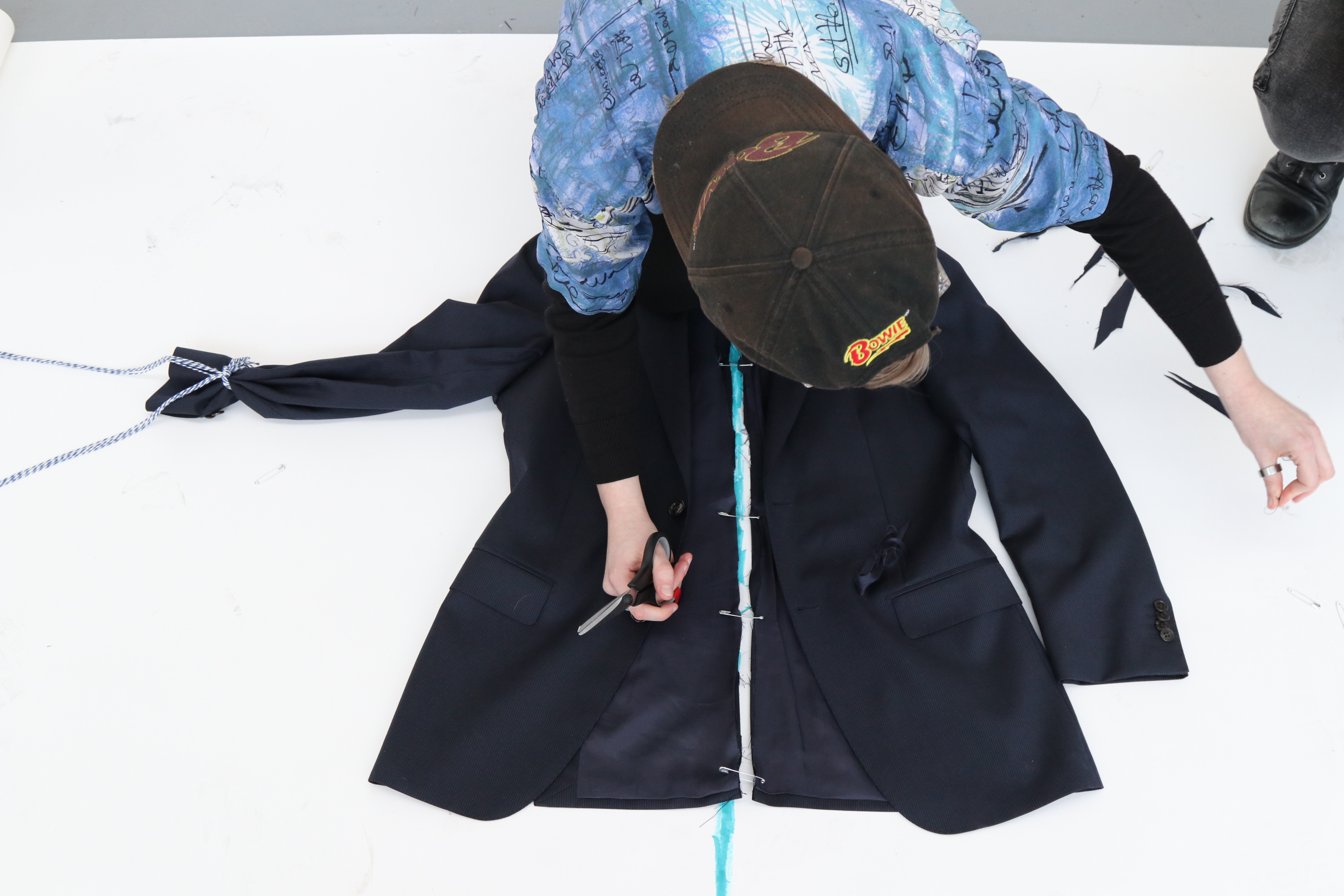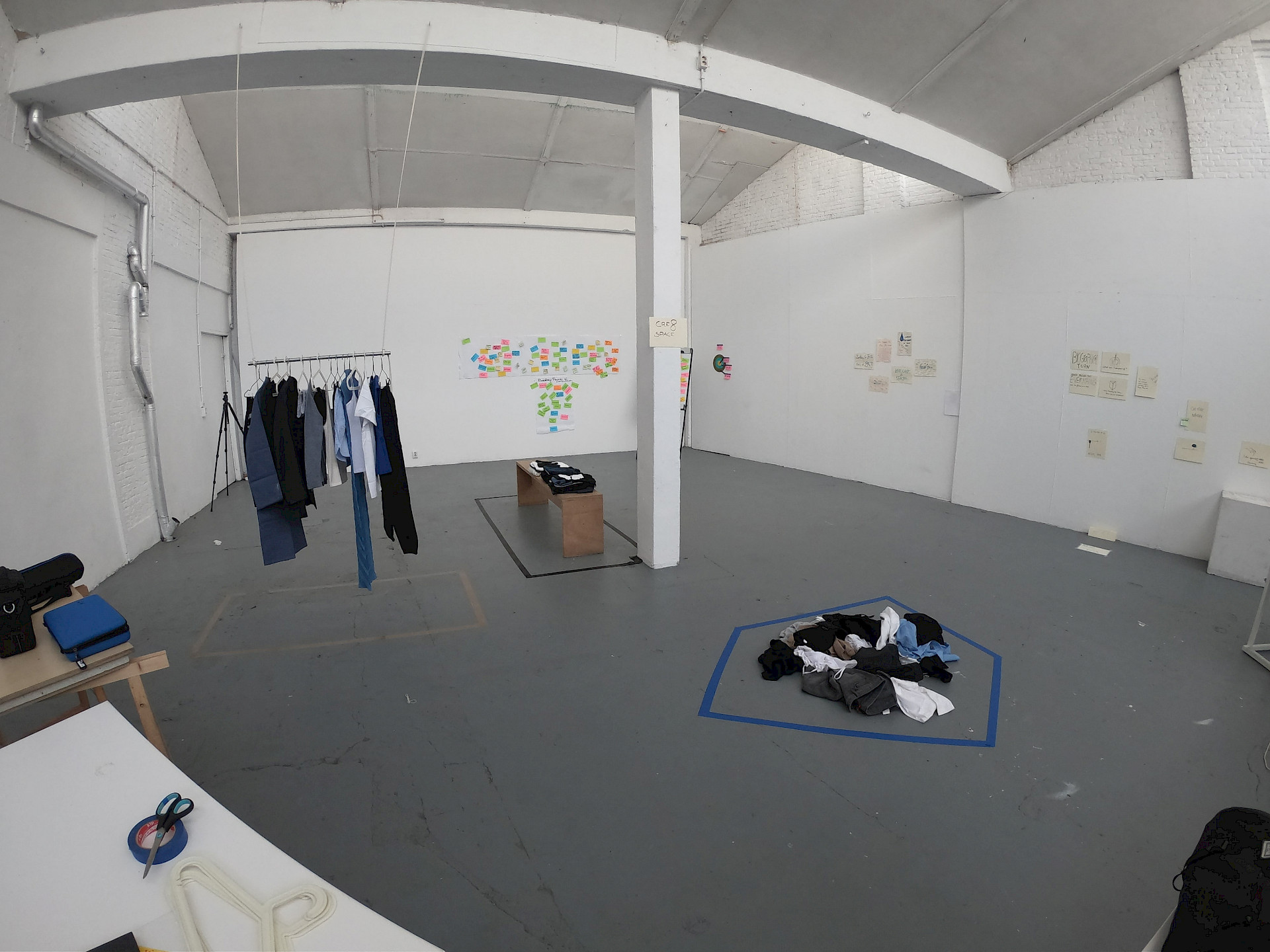Spring School Create Space: an interdisciplinary research studio, encouraged students from ArtEZ Arts Academy and Radboud University to investigate together how artistic and academic research could be used and combined to achieve their utmost potential. For five days, students and lectures shared an open space outside of both academies, where they could think beyond the borders of their disciplines. Transformed into a design-based research studio, Create Space promoted a series of activities that challenged participants to develop the skills to communicate on a theoretical and practical level with one another. Therefore, they expanded their experience on how to use their expertise in a collaborative working process.
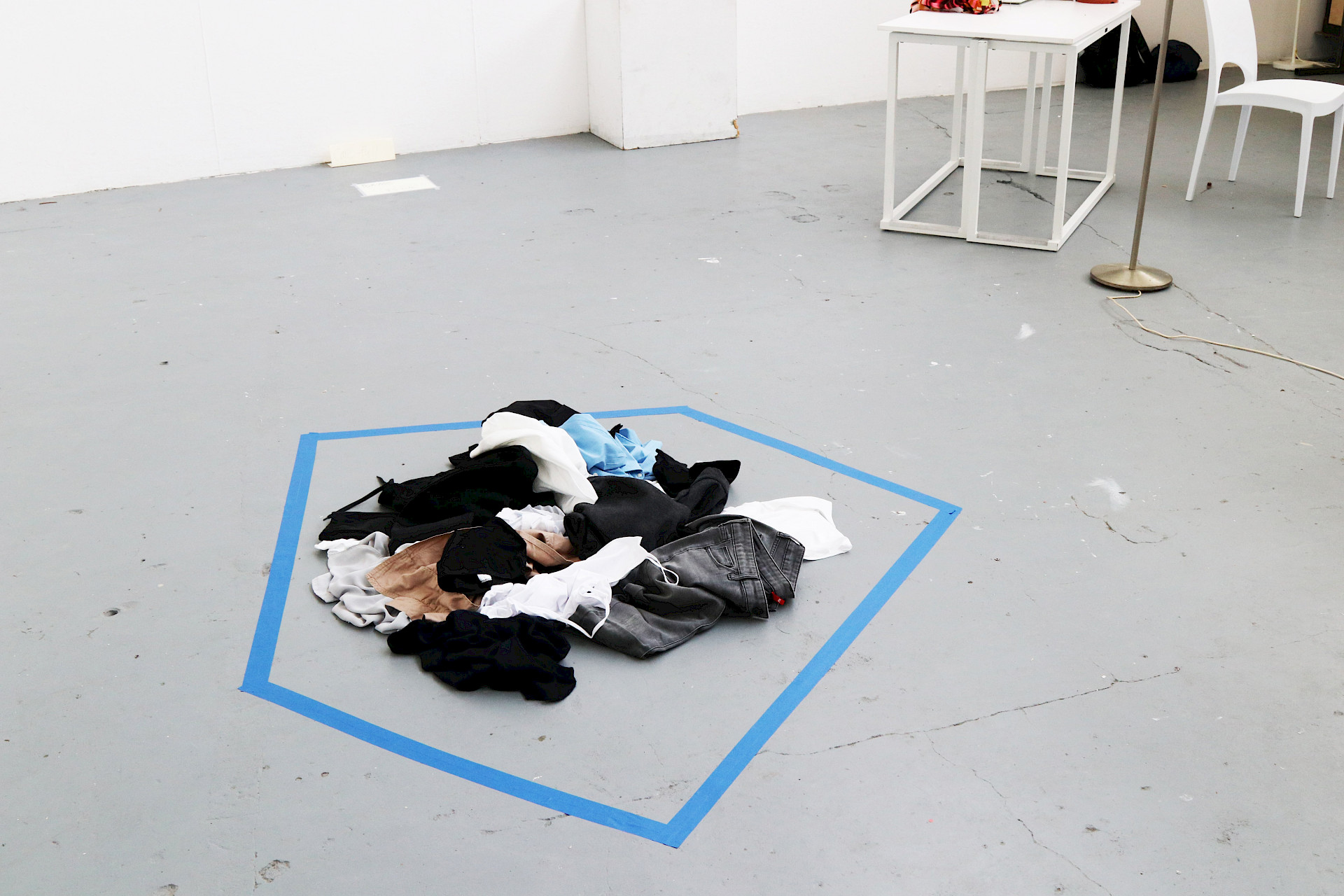
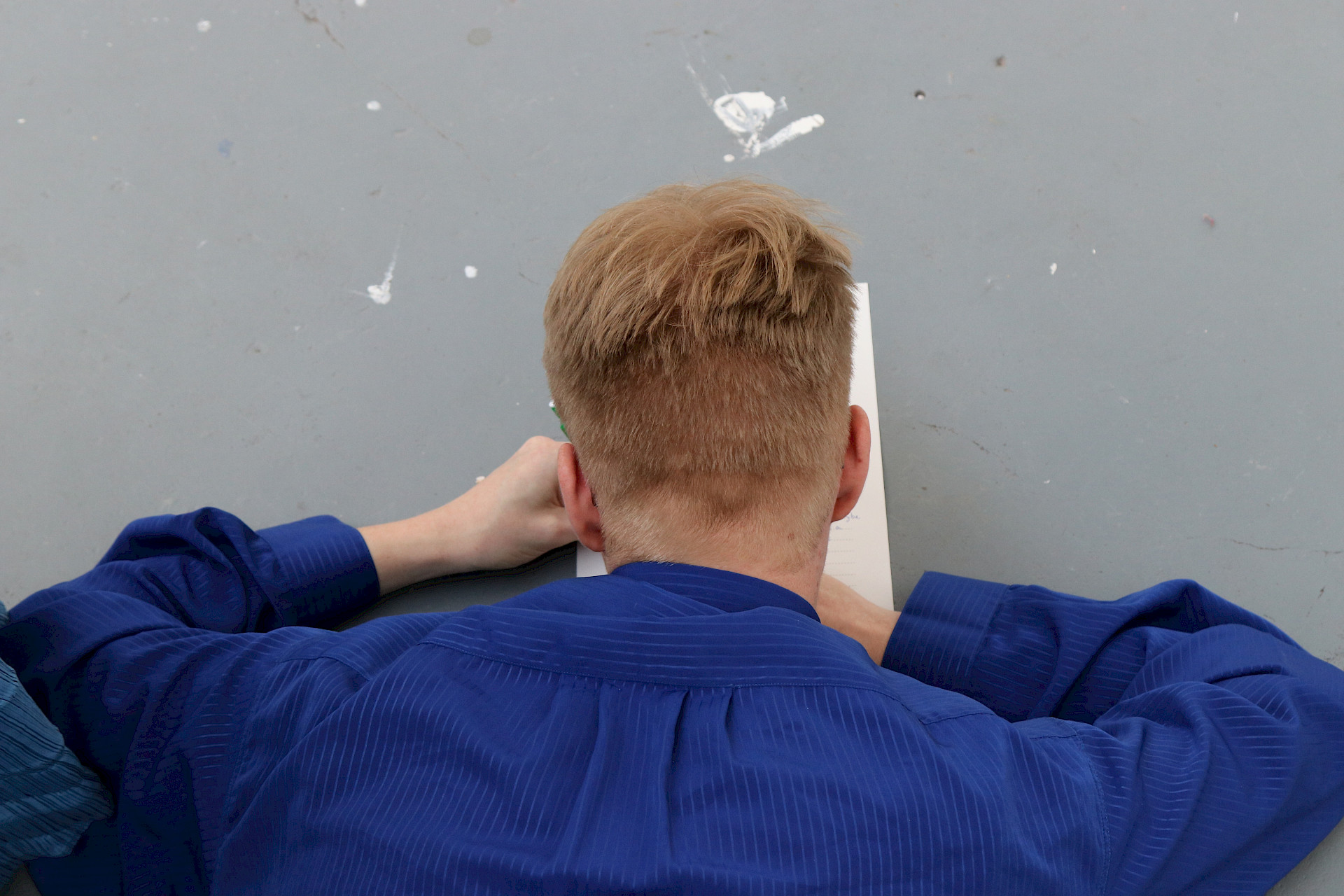
During the Spring School, Daniëlle Bruggeman was invited to talk about pushing the boundaries of Fashion's theory and practice by reflecting on “how could we create egoless spaces and roles?”. After the lecture, students joined a workshop developed in collaboration with Marina Sasseron, an Allumini of generation 27 MA Fashion Strategy at ArtEZ and at Radboud University. Through the workshop, they proposed students to rethink and redefine discipline-specific methodologies and vocabularies by trying to dissolve the Ego between art and science. To do so, we focused on fashion, where Egos are continuously shaped, formed and commercialised. For instance, the Egos of consumers are often constructed through the clothing that they wear and buy-in “supermarkets of identities” (Bauman 2000: 83).1
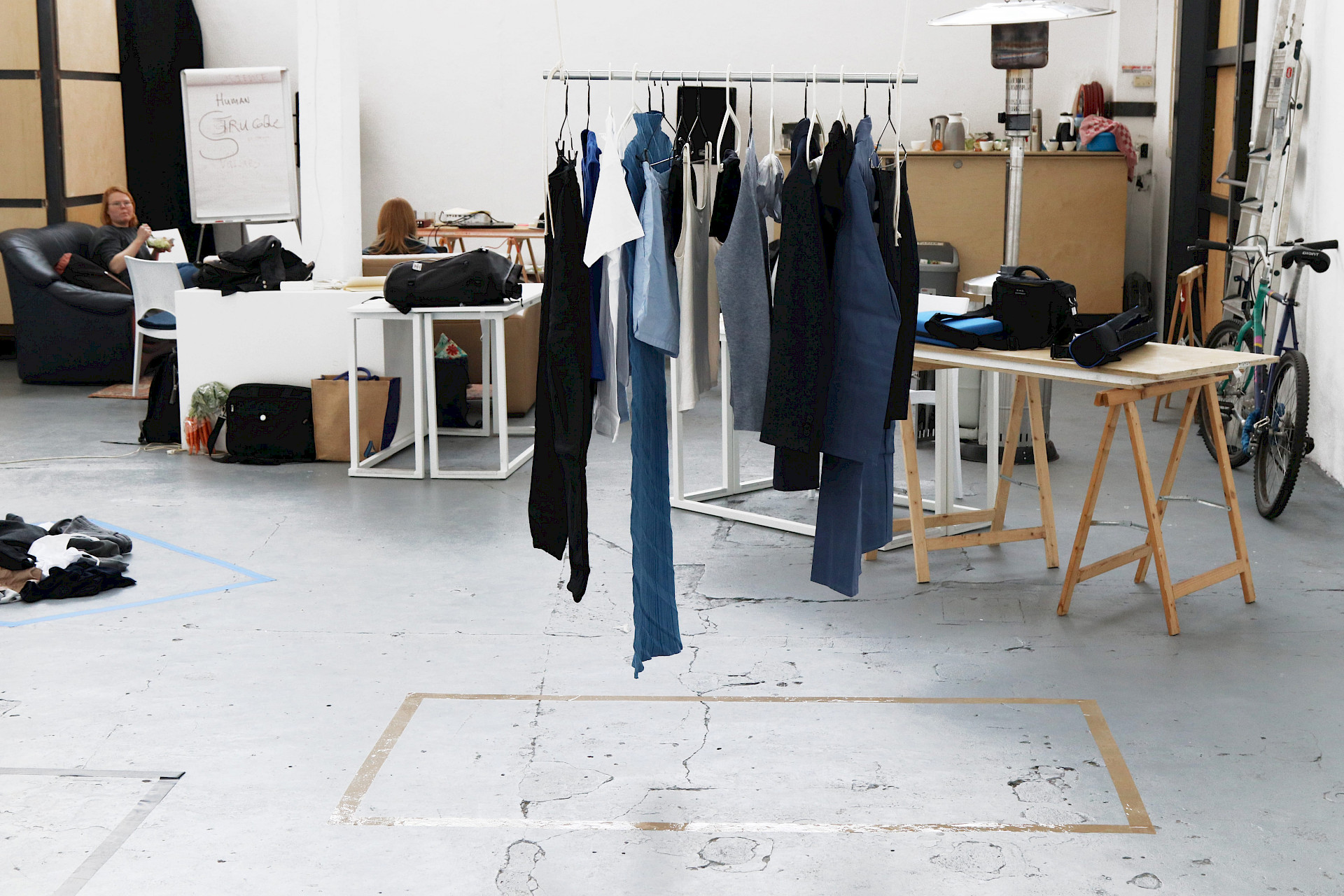
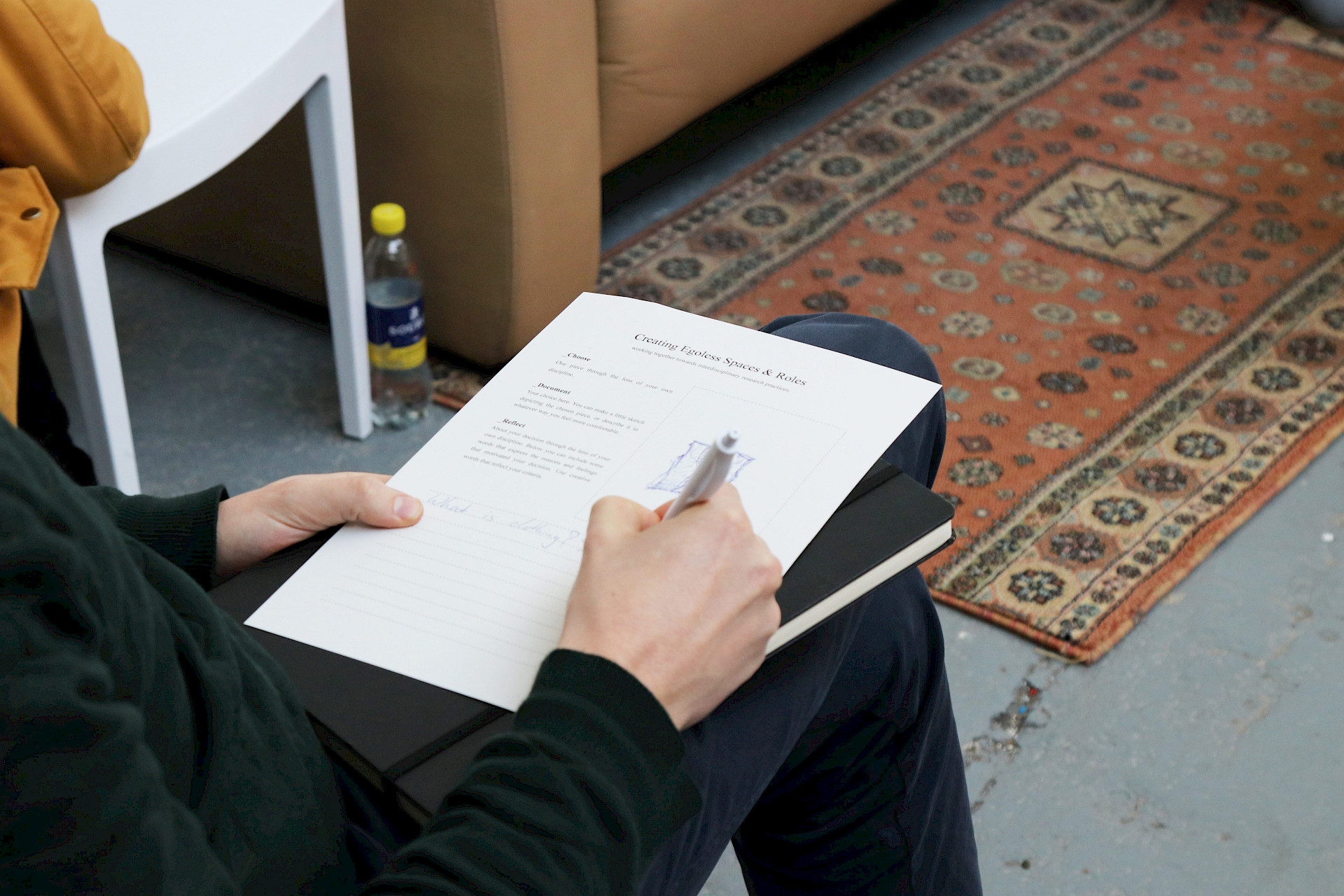
Besides, Fashion’s Ego is formed by the spectacle of the runway, glamour, money, star designers, seduction and constructed desire. This often exclude the subjective dimension and lived experiences of the human beings who actually wear and/or make clothes. Moreover, this denies the actual material dimension of fashion. Therefore, the students were given the opportunity of moving beyond human-centred thinking by drawing more attention to the actual materiality of clothing objects. In doing so, they gave more “agency“ - the capacity to act - to material objects and engaged with tangible pieces of clothing from their intuition and their own artistic and/or academic background.
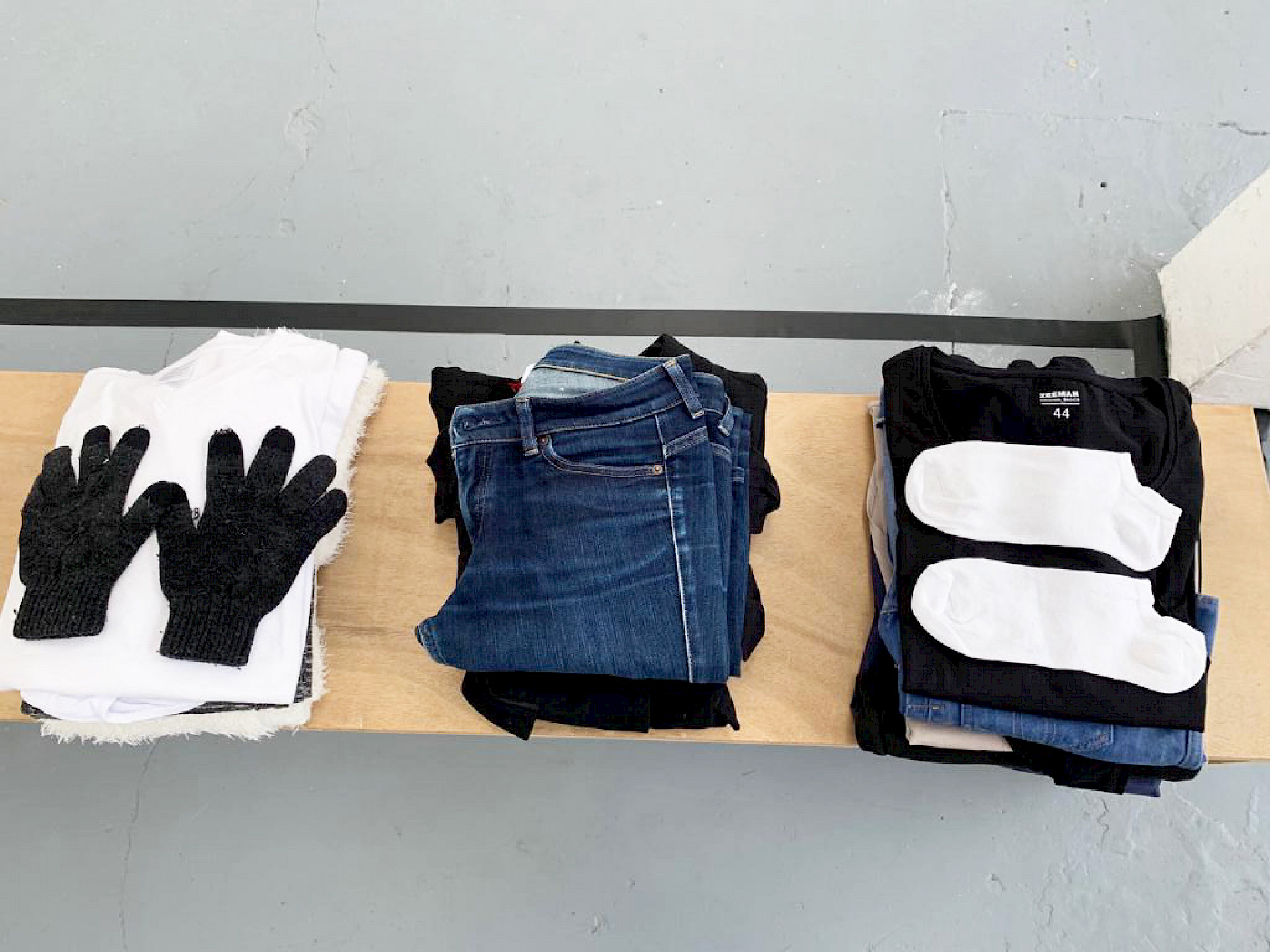
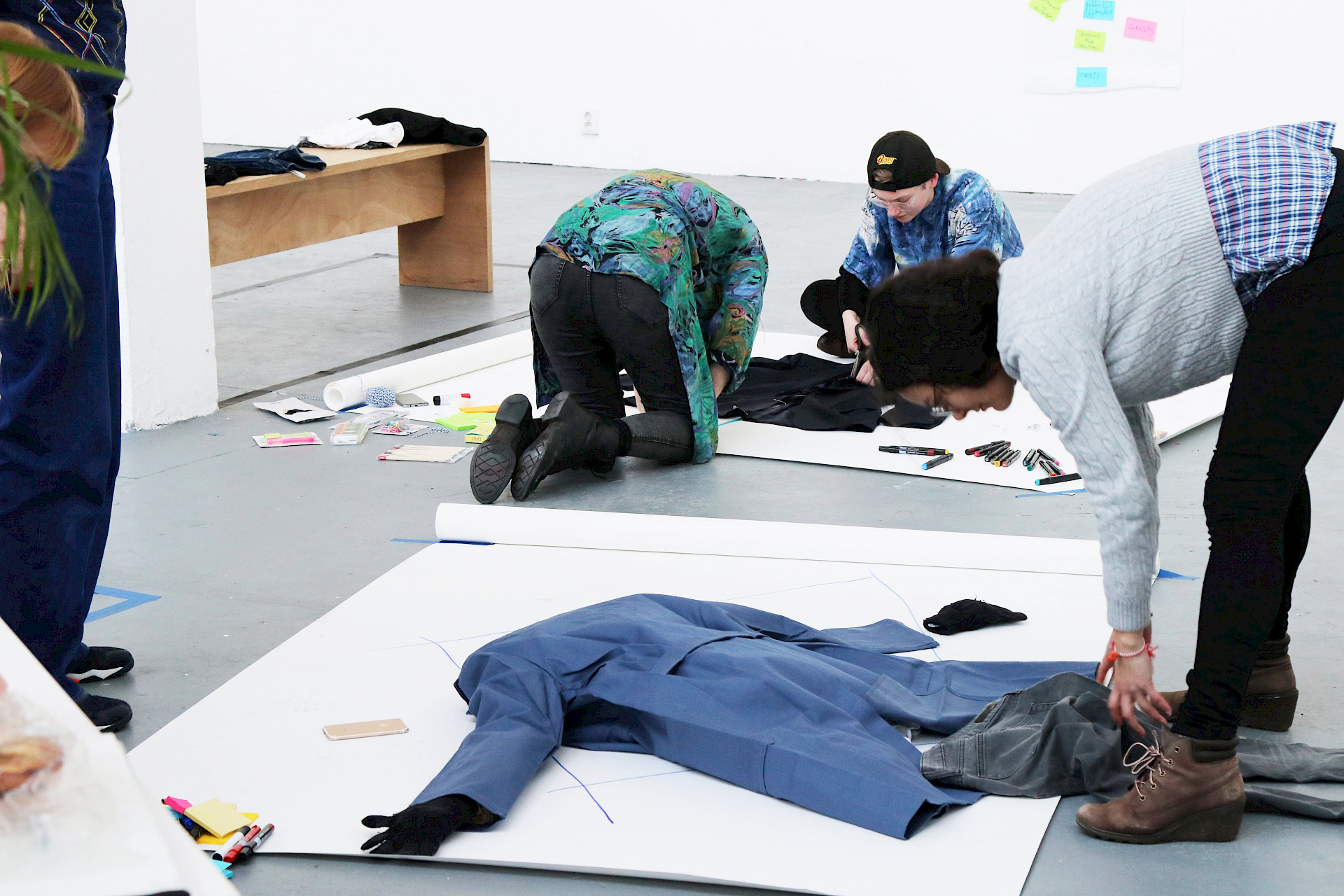
Participants were encouraged to perceive and feel what clothes do when situated in specific spaces and presented in different narrative universes. They experimented with the methods of negotiating and electing by actively engaging with clothes as a source of “living” material. Becoming aware of the agency of clothes during the workshop would facilitate students to move beyond discipline-specific vocabularies and methodologies. Opening up and creating egoless spaces that will help to think, act and engage with each other in terms of roles.
To know more about the Minor Create Space, please visit ru.artez.nl/createspace/
